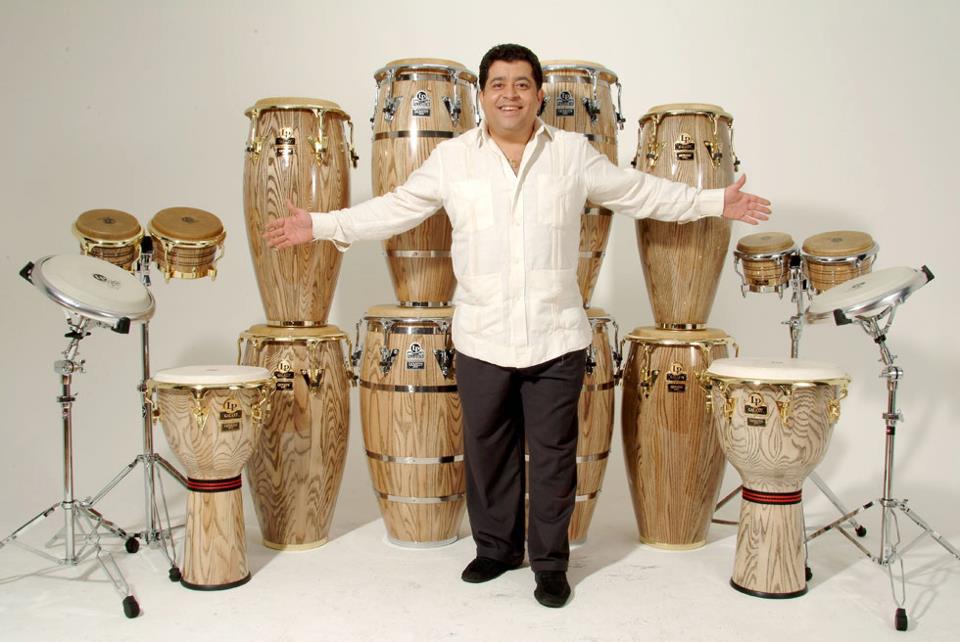Learning west african djembe and dunun compositions.
Instead of watching every different Youtube video, lessons, buying every DVD and gathering and storing mass amounts of information with the intention of learning evertyhing, try and focus on one rhythm at a time. Just one. Come up with a plan of attack.
All the information in the world will not help you learn to drum unless you focus in on one thing at a time and learn the fundamentals and basics of drumming no matter what style or type you do. Start from the ground up.
Many of us go to every class, but don’t practice what we learned at the class. We record audio or video but don’t get to it. We just gather, gather gather. Buy and consume. The gross amount of information we have at our finger tips is astounding but it can actually cause the opposite effect intended. Because we have too much information, too many choices many of us don’t actually learn. We get distracted and misdirected and never settle in on one thing, one style, one technique.
Lets demystify and simplify the learning process.
For learning west african djembe and dunun music I suggest the following. Pick one piece. One. That’s it! Learn all the dunun parts and memorize them. If you have never picked up a pair of sticks before thats O.K. If you cant afford drum sticks use twigs or dowels. If don’t have dunun (improperly called djun djun-the nigerian talking drum), you can play on congas sideways, on a pot or pan or a pillow on your bed. There simply is no excuse not to try it.
When you are learning dunun find out and ask where do they come in off the break? (Enter the ryhtnm). Many people learn the parts but can’t put the whole arrangement together. We want you to be able to reproduce the whole village effect. The whole ensemble.
Learn all the djembe accompaniment parts for this one piece. Memorize them and where you come in. Learn or start to learn some of the many (endless) variations for the sangban and dunun.
Playing dunun will help you learn to play the djembe better. Don’t forget the kinkini part, the simplest part. It is a steady heartbeat, don’t let the simplicity or seemingly simple part fool you.
Playing and learning each part gives you different vantage points of how to see and feel all the different angles and ways we can experience a rhythm arrangement. By seeing feeling and learning from different angles or vantage points we learn the rhythm holistically, and we see that rhyhtms are not one dimensional. They live and breath. They are not stagnant singular parts.
Learn the solo technique that goes with the rhythm. This will take you some time. You want to keep practicing it and wiring it in, wiring it into your system until it is automatic. So that when you play it comes out with thinking about it.
This practice of practicing through repetition will help you play with more ease and grace.
Many people take a class but do not practice and think it is O.K., the teacher will just show them next time. But, if you want to improve you have to practice.
If you do not know what to practice always start with the simplest possible thing. Bass, tone and slap. Make up your own exercises if you want to be creative.
Practice in front of a mirror so you can “self correct” by watching yourself and see how your posture is on or off, if you are contorting or relaxing.
Remember the key is to keep it simple, to simplify things for your self. Drumming starts with basic fundamentals. Use these building blocks to learn and grow.
In my opinion it is better to know fewer rhythm compositions completely…then many rhythm compositions half assed. In this case less is more. Focus in the best and deepest you can on one thing, one rhythm, one part at a time and the pay off will be much greater then trying to learn everything at once.
3 SharesUnlike

